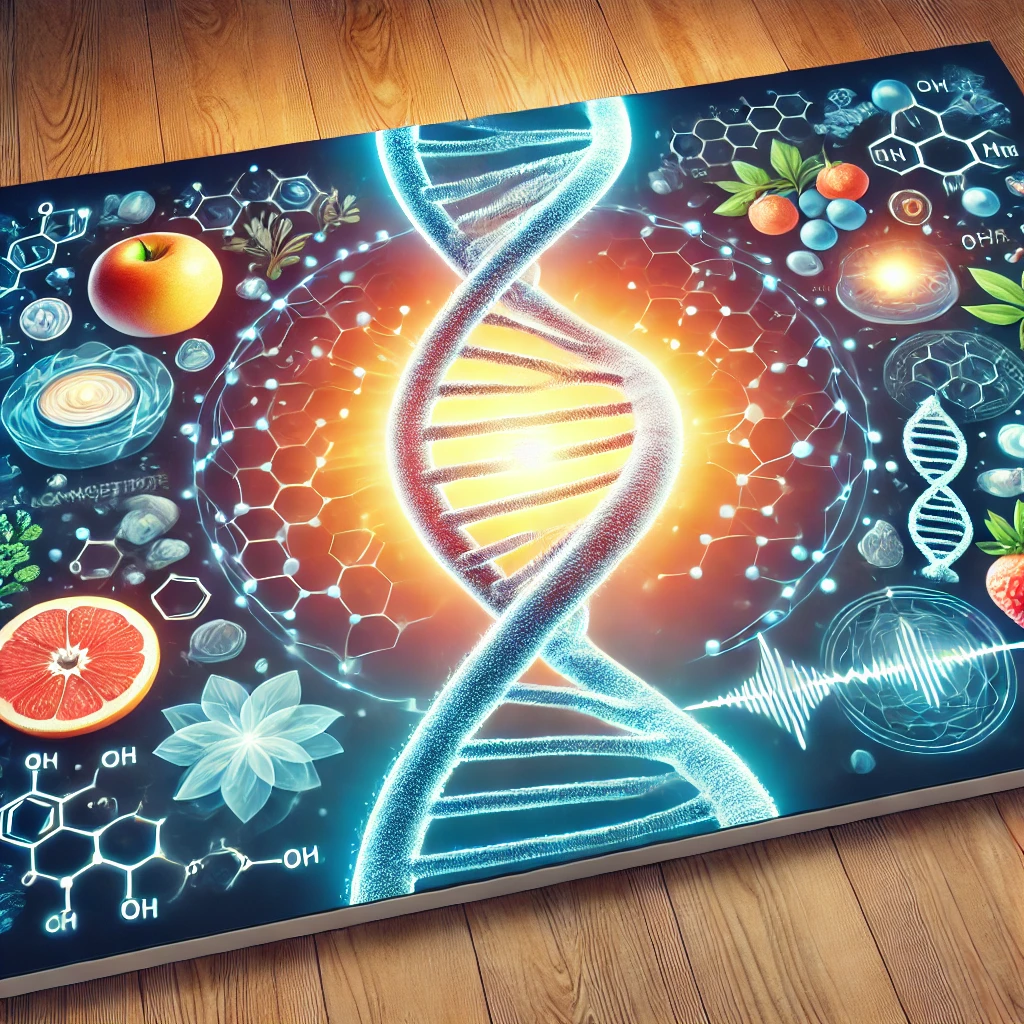
Kemetic App
auto_awesome
Notifications
Global ranking • Chats • Earnings
Empty notifications
shopping_cart
Cart
Shop • Books • Courses
Your cart is empty
UNLOCK ∞
Awaken and Ascend
Dive into the ancient wisdom of Kemet. Align your chakras and join a global community
of Seekers and Wisdom Keepers.
€1 / €10 / €33 • Unlimited access

0
6
0
The Divine Feminine: 30 Ancient Goddesses of Kemet ancient Egypt | Full Course
3:10 Hours · Mythoughtsoneverything
0+
Global Top Ranked Portals
#1–#10Courses
View allShop
See allScrolls
BrowseArticles
Explore
© Kemetic.app
membership €1/mo or €10/yr
_ A Path to Healing and Balance/tumbnail tapping.webp)















